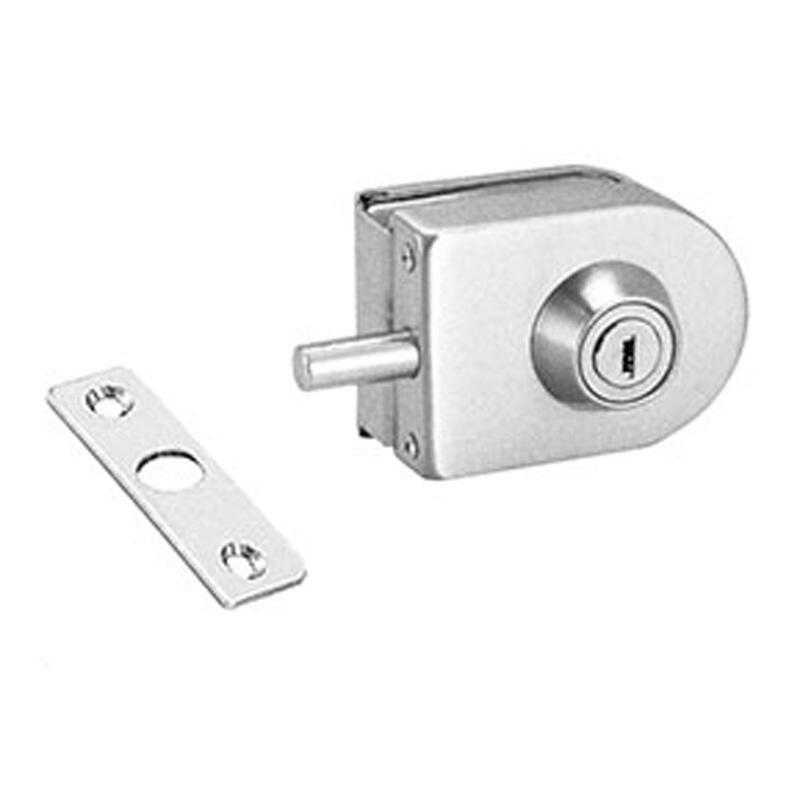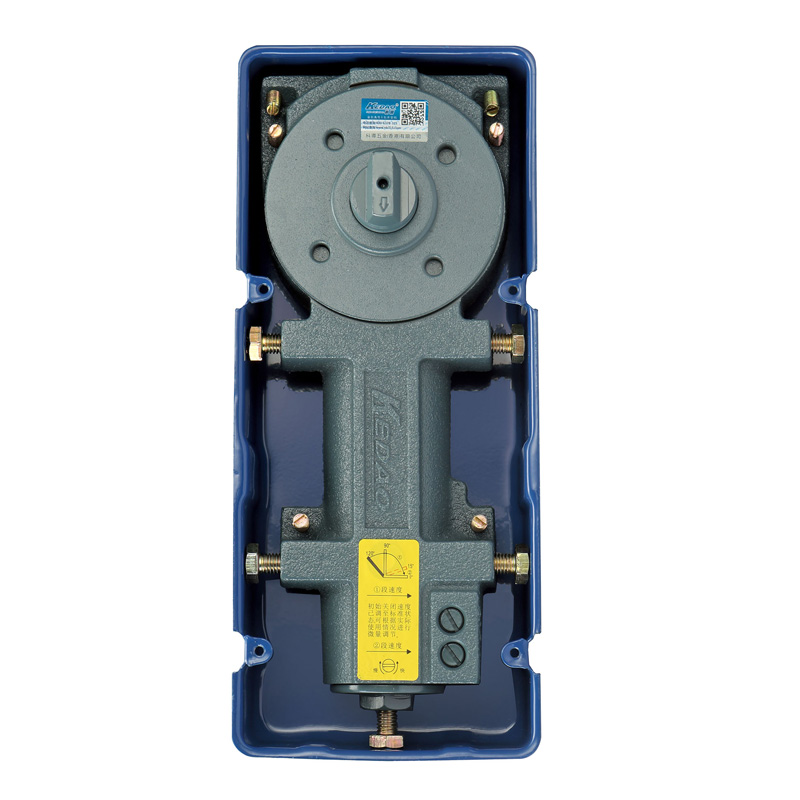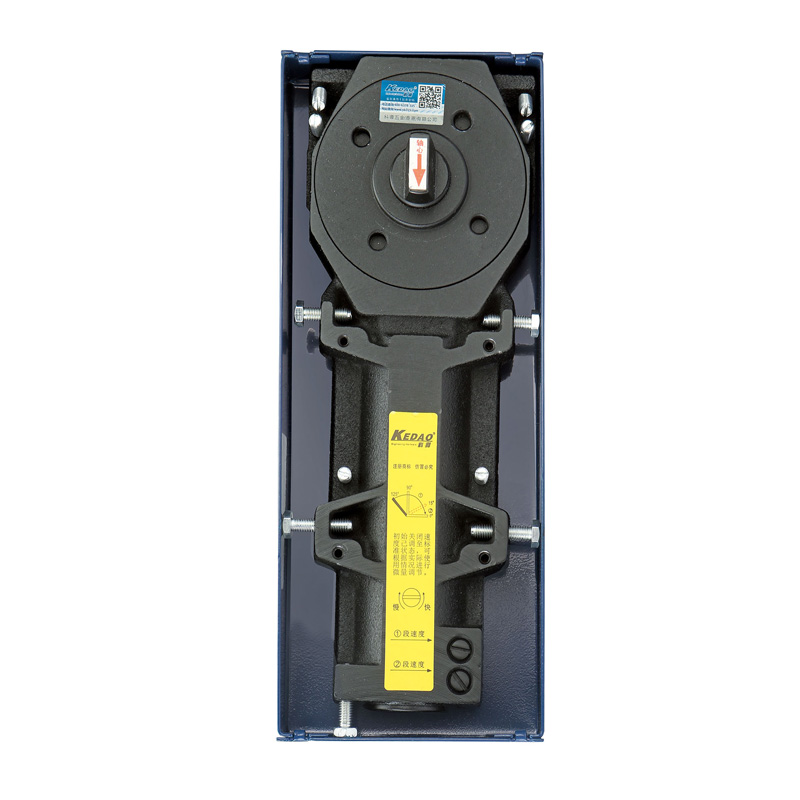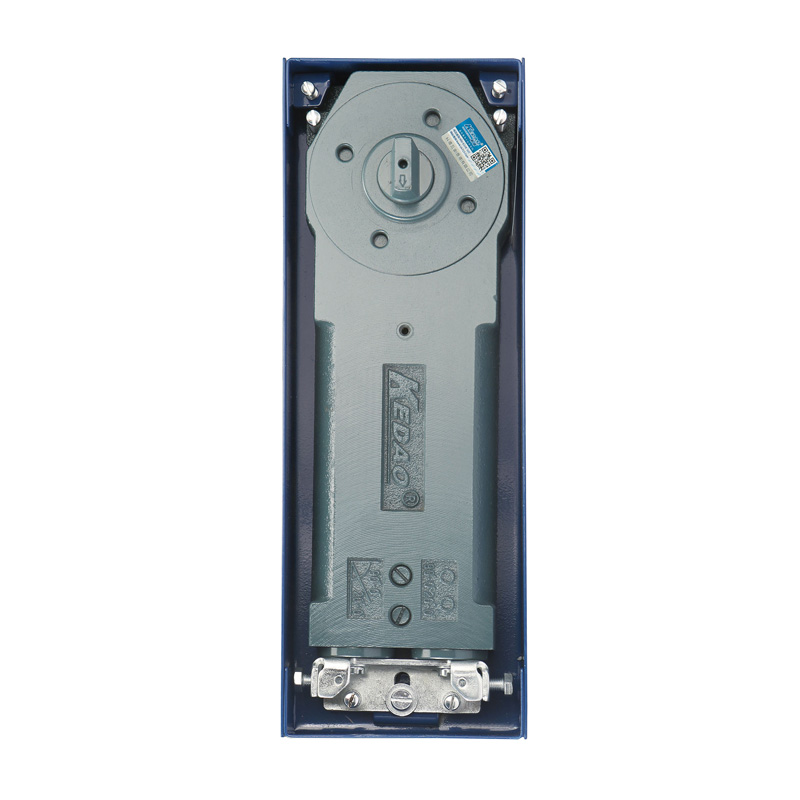Glass mounted latch locks are a popular choice for securing glass doors in both residential and commercial settings. While these locks offer a sleek and modern look, they require proper maintenance to ensure optimal performance and longevity.
The problem is that many people neglect to maintain their glass mounted latch locks, leading to issues such as sticking, jamming, or even complete failure. This can be frustrating and potentially compromise the security of your home or business.
As a professional locksmith with years of experience in maintaining and repairing various types of locks, including glass mounted latch locks, I've compiled this list of five essential tips to help you keep your lock in top condition. By following these simple steps, you can ensure that your glass mounted latch lock continues to function smoothly and provide reliable security for years to come.
1. Regular Cleaning and Lubrication
One of the most important aspects of maintaining your glass mounted latch lock is keeping it clean and well-lubricated. Over time, dust, dirt, and debris can accumulate in the lock mechanism, causing it to stick or become difficult to operate.
To clean your lock, follow these steps:
- Use a soft, damp cloth to wipe down the exterior of the lock, removing any visible dirt or grime.
- Apply a small amount of mild soap or detergent to the cloth if necessary, but avoid using abrasive or chemical cleaners that could damage the lock's finish.
- Use a can of compressed air or a soft-bristled brush to remove any debris from the keyway and other crevices.
After cleaning, it's essential to lubricate the lock to ensure smooth operation and prevent wear and tear. Here's how:
- Use a dry lubricant, such as graphite or Teflon-based spray, rather than oil-based products that can attract dirt and dust.
- Spray a small amount of lubricant directly into the keyway and onto any moving parts, such as the latch or strike plate.
- Insert your key and turn it several times to distribute the lubricant evenly throughout the lock mechanism.
Aim to clean and lubricate your glass mounted latch lock at least once every six months, or more frequently if the lock sees heavy use or is exposed to harsh environmental conditions.
2. Check Alignment and Tighten Loose Screws
Proper alignment is crucial for the smooth operation of your glass mounted latch lock. If the lock is misaligned, it may not fully engage or disengage, making it difficult to open or close the door.
To check the alignment of your lock, follow these steps:
- Close the door and engage the lock, paying attention to how smoothly the latch slides into the strike plate.
- If the latch seems to catch or requires extra force to engage, the lock may be misaligned.
- Open the door and inspect the position of the strike plate relative to the latch. The latch should slide easily into the center of the strike plate opening.
- If necessary, adjust the position of the strike plate by loosening the screws and shifting it slightly up, down, or to the side.
In addition to checking alignment, it's important to periodically inspect the screws that secure the lock to the glass door. Over time, these screws can become loose, causing the lock to wobble or feel unstable.
To tighten loose screws:
- Use the appropriate screwdriver to gently tighten each screw, being careful not to overtighten, which could crack the glass or strip the screw threads.
- If a screw continues to loosen after tightening, remove it and apply a small amount of thread-locking compound before reinstalling it.
Perform an alignment check and screw inspection at least once a year, or whenever you notice any changes in the lock's performance.
3. Address Freezing Issues
If you live in an area that experiences cold winters, you may encounter issues with your glass mounted latch lock freezing. When moisture gets into the lock mechanism and temperatures drop below freezing, the lock can become stuck or difficult to operate.
To prevent freezing and address frozen locks, try these tips:
- Apply a small amount of de-icing spray or rubbing alcohol to the keyway and moving parts of the lock. These products help to displace moisture and prevent ice formation.
- Avoid using hot water to melt ice, as this can cause the lock to refreeze and potentially damage the mechanism.
- If the lock is already frozen, use a hair dryer or heat gun on a low setting to gently warm the lock and melt the ice. Be careful not to apply too much heat, which could damage the lock or the glass door.
- Once the lock is unfrozen, dry it thoroughly with a soft cloth and apply a dry lubricant to prevent future freezing.
In areas with harsh winters, it's a good idea to proactively treat your glass mounted latch lock with de-icing spray or rubbing alcohol before the cold weather sets in.
4. Know When to Call a Professional
While regular maintenance can go a long way in keeping your glass mounted latch lock functioning properly, there may be times when you need to call in a professional locksmith. Some signs that it's time to seek expert help include:
- The lock consistently sticks, jams, or is difficult to operate, even after cleaning and lubrication.
- There are visible signs of wear, such as cracks, chips, or excessive tarnishing on the lock's surface.
- The lock has experienced physical damage, such as from a break-in attempt or accidental impact.
- You've lost the key to the lock and need a replacement or rekeying service.
A professional locksmith has the tools, expertise, and experience to diagnose and resolve more complex issues with your glass mounted latch lock. They can also advise you on whether it's time to replace the lock entirely and help you select a suitable replacement if necessary.
Don't hesitate to call a professional if you're unsure about how to address a problem with your lock or if your attempts at maintenance haven't resolved the issue.
5. Consider Upgrading to a High-Security Lock
While regular maintenance can extend the life and performance of your glass mounted latch lock, it's also important to consider the overall security of your door. If your current lock is outdated or lacks advanced security features, it may be time to consider upgrading to a high-security option.
Some features to look for in a high-security glass mounted latch lock include:
- Hardened steel or other reinforced materials that resist drilling, cutting, and other forms of physical attack.
- Advanced locking mechanisms, such as multi-point locking or anti-pick designs, that make the lock more difficult to bypass.
- Keyless entry options, such as keypads or smart locks, that eliminate the risk of lost or stolen keys.
- Integration with home automation or security systems for added convenience and monitoring capabilities.
Upgrading to a high-security lock can provide greater peace of mind and better protection against potential break-ins or unauthorized access. A professional locksmith can help you assess your security needs and recommend the best high-security options for your specific situation.
Consider upgrading your glass mounted latch lock if it's more than a few years old, if you've experienced a security breach, or if you simply want the added reassurance of a more advanced locking system.
Conclusion
Maintaining your glass mounted latch lock is essential for ensuring its longevity, reliability, and security. By following these five essential tips - regular cleaning and lubrication, checking alignment and tightening loose screws, addressing freezing issues, knowing when to call a professional, and considering upgrading to a high-security lock - you can keep your lock in top condition and enjoy smooth, trouble-free operation for years to come.
Remember, a well-maintained lock not only provides better security but can also save you money in the long run by preventing costly repairs or replacements. By taking a proactive approach to lock maintenance, you can ensure that your glass mounted latch lock remains a reliable and effective security solution for your home or business.
If you encounter any issues with your lock that you're unable to resolve on your own, don't hesitate to contact a professional locksmith. They have the knowledge and expertise to diagnose and fix a wide range of lock problems, as well as provide guidance on upgrading to higher-security options if needed.
By prioritizing the maintenance and security of your glass mounted latch lock, you can enjoy greater peace of mind and the confidence that comes with knowing your property is well-protected.






